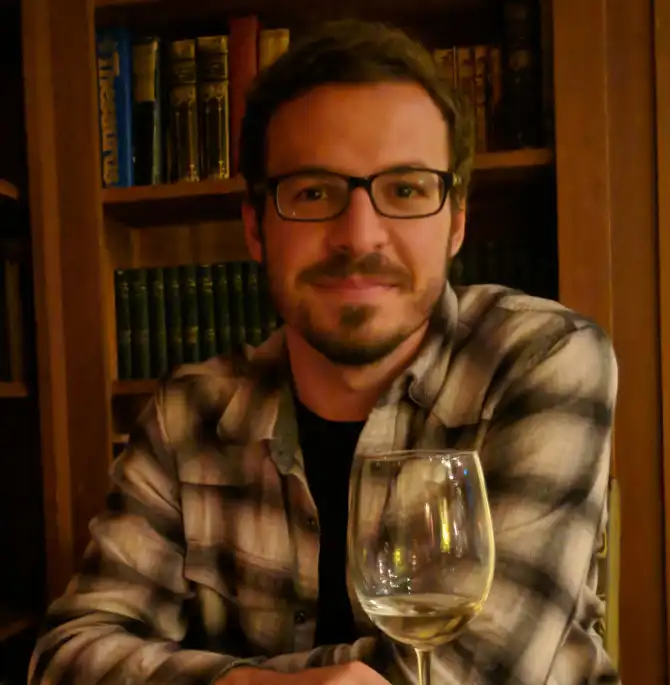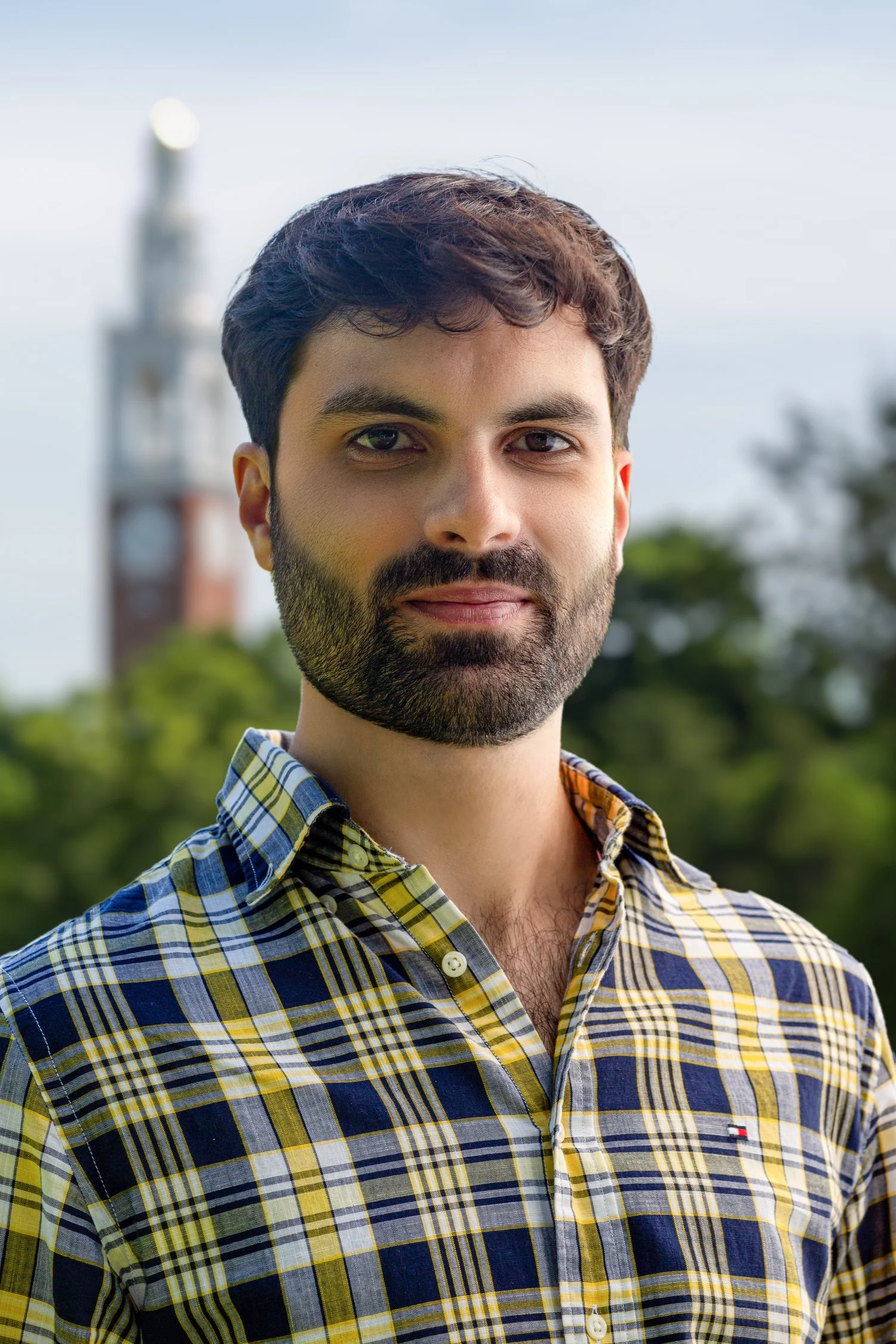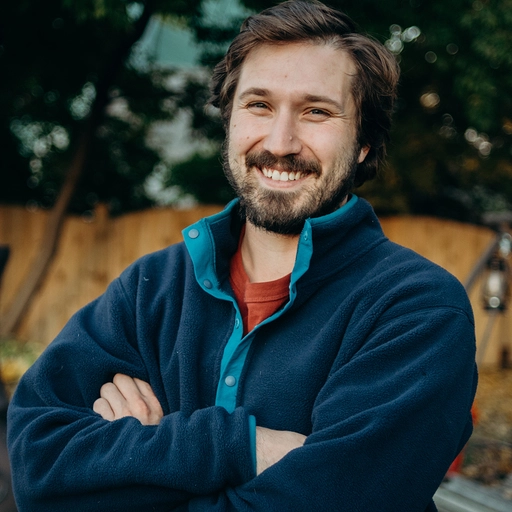Getting started
Welcome to Modeling Complex Systems (MOCS) Fall 2025! This is the support website where we'll share most of the class content, excluding homework assignments. Homeworks will be available on Brightspace.
MOCS is designed as a hybrid, graduate level introduction to computational and mathematical modeling of complex systems. This is a core course for students at Vermont Complex Systems Institute, but everyone is welcomed. We use a breadth-first presentation of varied topics and methods, with hands-on experiences and mini-research problems with an emphasis on the relations and trade-offs between the different approaches. Undergraduates are held to the same expectations as graduate students. See syllabus for more details.
How is this website organized?
- For each module
- We will share some introductory videos and readings on the module's getting started page.
- We will share fun, interactive content related to the module.
- You can find additional references on complex systems here. Module-specific content is available on each module's main page.
- We will make jupyter notebooks available throughout the semester here.
- You can find extra ressources for computer sciencey stuff (Github, Python, Julia, etc) and advanced readings in here. Shun Zhang will be your guide for the computer sciency stuff.
Who are we?




What is complexity
Here's an answer:
Let’s talk about complex systems instead. They’re easier to define than complexity! Complex systems are opposed not to simple systems, but to separable systems. And often different parts of these systems have different natures that we study with different disciplines. They may be sociotechnical systems that involve both algorithms, technology and engineering, and humans and social biases and so forth. And so, by their nature, we need to study them with tools from different disciplines and with dialogues across different expertise.
Now, I don't think that “complexity science” is a science. I think we use the phrase a lot and it depends on how you want to define a science. But complexity science doesn't have a shared set of questions, systems of interest, or tools. It's all over the place.
So, I use “complexity” almost as virtue signaling—to group the subfield of scientists interested in studying these complex systems and open to doing it with tools and perspective from different disciplines. Identifying with “complexity” is a signal that you're open to dialogue and weird ideas more so than a defined science. [...] It's more of a perspective or a mentality and less of a science. That's how I see it. [...] No particular systems of interest, but more about a perspective with which we do many kinds of science.
In this class, we will seek to understand his definition. But at the end, you should have your own answer, which may or not agree with the above answer.
Here is another introduction from a past before time:
We will be sharing more clips like these as we go on. The role of this website is to help you deepen your understanding of the insights from these clips and to offer additional perspectives, sometimes from Jonathan's point-of-view (philosophy and cultural evolution) or Giulio's expertise (physics).
Textbook(s)
For the class, we will use Hiroki Sayama's Introduction to the Modeling and Analysis of Complex Systems. It is free and online. It has python code (sometimes out-of-date). We will skip some of the chapters that go deeper into analysis of models and instead focus on additional modeling techniques. In particular, the website and videos will add more tools or intuition around network science, agent-based models, and game theory (if time allows).
But for those interested, we also think that the following two books could have done a good job:
- A First Course in Network Science (Menczer 2020)
- Modeling Social Behavior: Mathematical and Agent-Based Models of Social Dynamics and Cultural Evolution (Smaldino 2023)
They cover some of the same materials. They are geared towards the social sciences, with plenty of examples of disinformation and cultural evolution.
We will also read in-depth articles. Each week, there will be a This week reading box at the start of the page. Articles denoted with stars (*) are mandatory.
How to follow the class content
You must look through each week content before coming to class on Tuesdays. Note that the module names themselves are clickable and will contain big-picture summary of the module and links to additional resources. Weekly content includes short clips and readings. They will be the basis for in-class discussions and small quizzes that you must take before the Thursday of the same week.
Again, note that there is a This week reading box at the start of each weekly page. Articles denoted with stars (*) are mandatory.